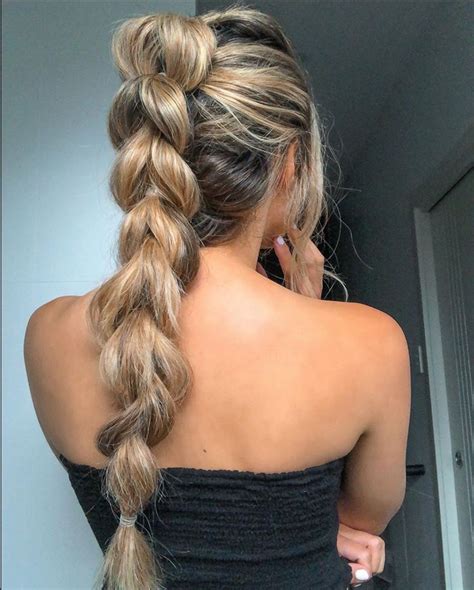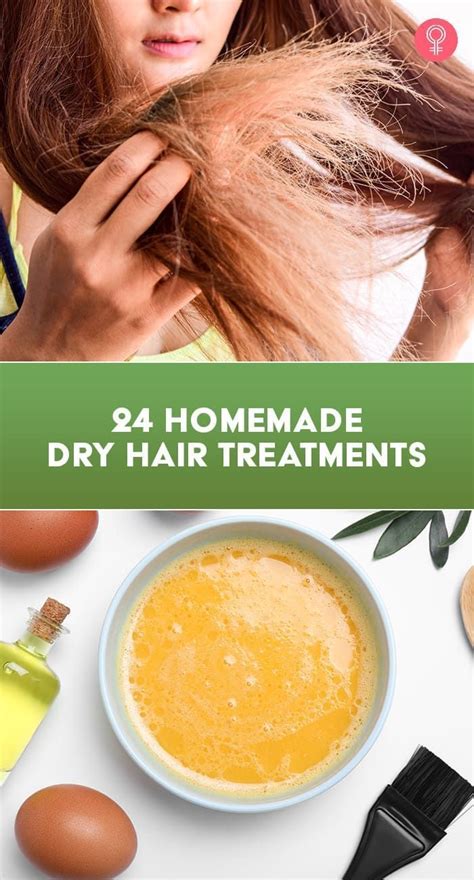What is Protein?
Protein is a vital nutrient that plays a crucial role in maintaining the overall health of your body, including your hair. Made up of amino acids, protein acts as a building block for various structures within your hair, contributing to its strength, elasticity, and overall appearance.

Why Protein is Essential for Hair Health
1. Building Blocks of Hair
Over 80% of your hair’s structure is composed of a protein called keratin. Keratin is a fibrous protein that forms the long chains that make up the hair shaft, providing strength and stability.
2. Protection from Damage
Protein helps shield your hair from environmental stressors such as heat, chemicals, and UV radiation. It forms a protective layer around the hair cuticle, reducing breakage and split ends.
3. Moisture Retention
In addition to providing strength, protein also contributes to hair’s ability to retain moisture. It absorbs water and helps prevent dry, brittle hair.
Sources of Protein for Hair
1. Dietary Protein
Consuming a diet rich in protein is essential for healthy hair growth. Good sources include:
- Animal Products: Lean meats, fish, poultry, eggs, dairy products
- Plant-Based Proteins: Beans, lentils, tofu, nuts, seeds
2. Topical Protein
Protein can also be applied directly to the hair through various products such as:
- Protein Shampoos and Conditioners: These products contain protein that can penetrate the hair shaft, strengthening and protecting it.
- Hair Masks: Protein-based hair masks can provide deep conditioning, replenish nutrients, and improve hair’s texture.
- Leave-In Treatments: Leave-in treatments with protein can provide ongoing nourishment and protection to hair throughout the day.
How Much Protein Do You Need?
The exact amount of protein needed for optimal hair health varies depending on factors such as hair type, length, and lifestyle. However, as a general guideline, the recommended daily protein intake for women is 46 grams and for men is 56 grams.
Signs of Protein Deficiency in Hair
Inadequate protein intake can lead to noticeable changes in your hair, including:
- Brittle and weak hair
- Split ends
- Hair breakage
- Dryness
- Dullness
- Hair loss
Benefits of Protein for Hair
- Stronger Hair: Protein strengthens the hair shaft, reducing breakage and split ends.
- Healthier Hair: Protein nourishes and protects hair, improving its overall health and appearance.
- Improved Texture: Protein helps smoothen the hair cuticle, resulting in softer and more manageable hair.
- Increased Shine: Healthy, protein-rich hair reflects light better, enhancing its shine.
- Improved Growth: Protein supports the production of keratin, an essential component for hair growth.
Tips and Tricks for Protein Hair Care
1. Incorporate Protein in Your Diet
Make sure to consume a balanced diet that includes ample protein sources.
2. Use Protein Hair Products
Incorporate protein-enriched shampoos, conditioners, masks, and leave-in treatments into your hair care routine.
3. Protect Your Hair
Minimize hair damage by using heat protectants, limiting exposure to chemicals, and covering your hair when outdoors.
4. Regular Trims
Regular trims can remove split ends and damaged sections, allowing healthy protein-rich hair to grow.
How Protein Hair Products Can Enhance Your Routine
1. Protein Shampoos and Conditioners
- Strengthens the hair shaft
- Repairs damage
- Adds volume and body
- Reduces breakage
2. Protein Hair Masks
- Deeply conditions hair
- Replenishes nutrients
- Improves texture
- Restores shine
3. Protein Leave-In Treatments
- Protects hair from heat and UV damage
- Adds a layer of moisture
- Tames frizz and flyaways
- Provides continuous nourishment
Pros and Cons of Protein Hair Products
Pros
- Strengthens and repairs hair
- Improves texture and shine
- Reduces breakage
- Protects from damage
Cons
- Can weigh down fine hair
- May cause dryness if overused
- Some products may contain harsh chemicals
Conclusion
Protein is essential for maintaining healthy, strong, and beautiful hair. By incorporating protein into your diet and using protein hair products, you can nourish your hair from within and out, ensuring its vitality and radiance. With regular protein hair care, you can achieve the healthy, luscious locks you’ve always desired.
Table 1: Protein Hair Product Benefits
| Product Type | Benefits |
|—|—|—|
| Protein Shampoos | Strengthens, repairs, adds volume, reduces breakage |
| Protein Conditioners | Nourishes, softens, smooths, detangles |
| Protein Hair Masks | Deeply conditions, replenishes nutrients, improves texture, restores shine |
| Protein Leave-In Treatments | Protects, adds moisture, tames frizz, provides continuous nourishment |
Table 2: Protein Hair Care Routine
| Step | Instructions |
|—|—|—|
| 1 | Wash hair with protein shampoo |
| 2 | Apply protein conditioner and leave on for 2-3 minutes |
| 3 | Rinse thoroughly |
| 4 | Apply protein hair mask once or twice a week |
| 5 | Use protein leave-in treatment daily or as needed |
Table 3: Signs of Protein Deficiency in Hair
| Symptom | Possible Cause |
|—|—|—|
| Brittle hair | Inadequate protein intake or damage |
| Split ends | Protein deficiency or dryness |
| Hair breakage | Lack of protein or excessive damage |
| Dryness | Reduced protein levels or environmental stressors |
| Dullness | Protein deficiency or damage from heat or chemicals |
| Hair loss | Severe protein deficiency or underlying medical condition |
Table 4: Dietary Protein for Hair Health
| Food Source | Protein (grams per serving) |
|—|—|—|
| Chicken breast (3 oz) | 27 |
| Salmon (3 oz) | 20 |
| Eggs (2 large) | 12 |
| Tofu (100g) | 8 |
| Lentils (1 cup cooked) | 18 |
